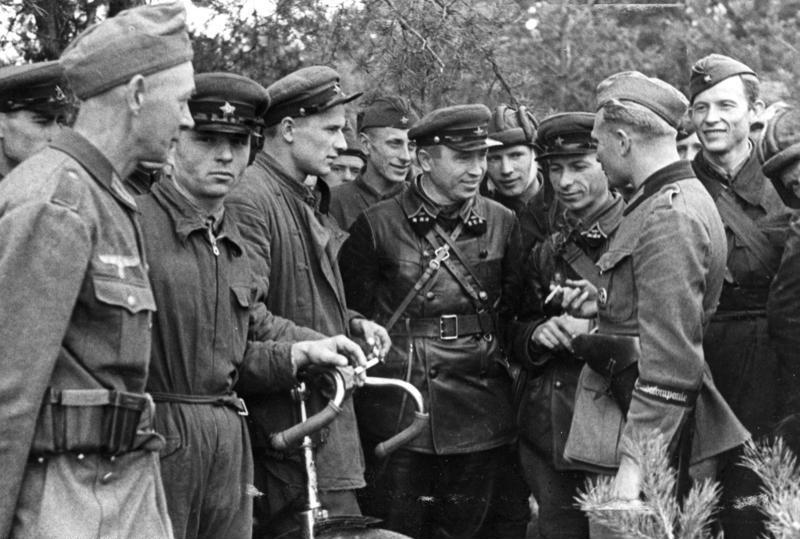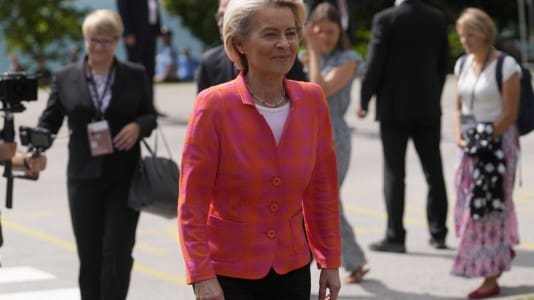When the date of Aug. 23 comes, Poles recall not only the signing of the Molotov-Ribbentrop Pact, but also all the consequences that followed.
One example is the victory parade of the Wehrmacht and the Red Army in Brest in September 1939. German and Russian officers watched the troops march on the same side of the tribune, shaking hands after the defilade ended, and later, shoulder-to-shoulder, they murdered Poles.
Why? Because it was important to them since Poland was interfering with Russo-German business (and earlier Russo-Prussian), but this is not all. The Polish-Lithuanian Commonwealth bothered them with its existence alone, especially with our civilization and culture putting so much emphasis on the spirit of freedom.
Someone will say that this spirit, through the pathologies promoted by the Polish nobility’s fixation on liberty, led to Poland’s fall in the 18th century. It is true that it contributed to it, but the fall of Poland was caused primarily be aggressors, namely the Black Eagles, allied to each other for centuries — sometimes two (the Prussian and the Russian), sometimes three (joined, although shyly, by the Austrians). The Russian eagle was the most effective, as it decided to decompose Poland from inside, apart from using physical, external aggression. It destroyed its moral foundations, corrupted it, and caused it to rot. It convinced Poles to fight against each other, to be at each other’s throats so that the Muscovites did not have to lift a finger.
Let us remember whose portrait hung on Angela Merkel’s office wall in a honorary place. It was a portrait of Tsarina Catherine II, German by birth, and Russian by being Empress of Russia. She was the co-author of Poland’s partitions.
It is sad that people in Europe and the wider world do not understand the meaning of the Hitler-Stalin pact. It is Poles who are responsible for explaining it, for reminding people about both totalitarian regimes — German and Russian, Nazi and Soviet.





